
Aspartame cancer risk overview:
- Who: The World Health Organization’s International Agency for Research on Cancer determined popular artificial sweetener aspartame should be categorized as “possibly carcinogenic to humans.”
- Why: The organization says it found a possible link between aspartame and liver cancer; however, it maintains the artificial sweetener appears to be safe for consumption at its current commonly used doses.
- Where: The aspartame finding affects consumers worldwide.
A semi-independent committee for the World Health Organization (WHO) declared aspartame, a widely used sweetener, may cause cancer and should be categorized going forward as “possibly carcinogenic to humans.”
The WHO’s International Agency for Research on Cancer (IARC) made the conclusion about aspartame, which is used in a number of products, such as diet soda and sugar-free gum.
The designation does not mean products with aspartame definitely cause cancer, according to the agency. It only means some of the research the IARC reviewed found a possible connection between aspartame and liver cancer.
The WHO clarified aspartame consumption appears to be safe in doses manufacturers commonly use and that the science behind its findings is not conclusive.
“While safety is not a major concern at the doses which are commonly used, potential effects have been described that need to be investigated by more and better studies,” says Francesco Branca, director of the WHO’s Department of Nutrition and Food Safety, in a statement.
FDA disagrees with WHO, maintains aspartame safe for use under ‘approved conditions’
In response to the decision, the U.S. Food and Drug Administration (FDA) says on its website it disagrees with the IARC’s assessment and maintains its scientists “do not have safety concerns when aspartame is used under the approved conditions.”
The FDA says it takes issue with “significant shortcomings” it identified in the studies IARC relied on to make its decision and noted that the commission chose not to raise acceptable daily intake levels.
“We recognize that navigating different information from health organizations is challenging,” the FDA says.
Aspartame is one of the most commonly used artificial sweeteners and appears in a number of products around the world, including diet soda, juices, sugar-free gum, no-sugar salad dressing and low-calorie ice cream, among other things, CNN Health reports.
While diet soda manufacturers have faced criticism over aspartame use in relation to cancer, they have also faced claims that aspartame contributes to weight gain. The Coca-Cola Company was hit with a lawsuit involving weight gain allegations in a 2018 class action lawsuit that was later dismissed.
Are you concerned with the WHO commission’s findings about aspartame? Let us know in the comments.
Don’t Miss Out!
Check out our list of Class Action Lawsuits and Class Action Settlements you may qualify to join!
Read About More Class Action Lawsuits & Class Action Settlements:





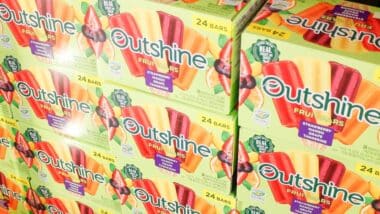

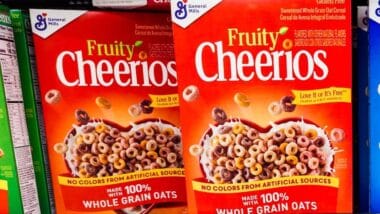
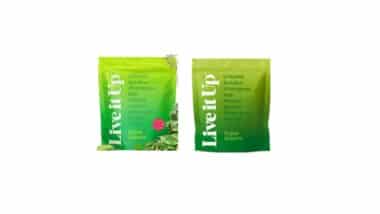
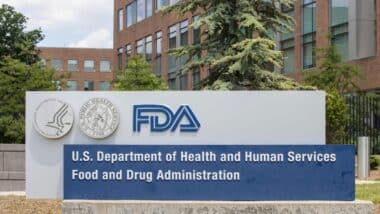




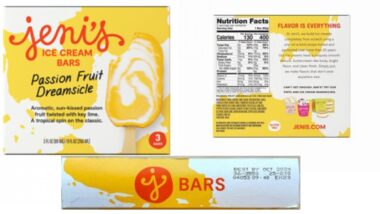
One thought on Aspartame may cause cancer but safe to consume in limited quantities, WHO says
Yes. I heard about this and I am very concerned. Please contact me if I need to file on this class action. Thank You.